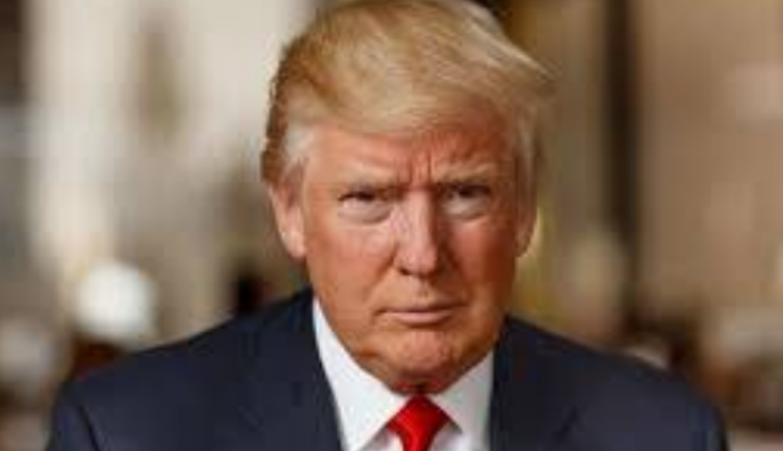New York (Web Desk/Agencies): US President Donald Trump’s approval rating has dipped into negative territory for the first time since taking office for his second term, according to a poll from Rasmussen, a firm known for its Republican-leaning results.
As of April 4, Trump’s approval stood at 49%, while 50% disapproved of his job performance, marking a significant shift.
This decline coincides with protests across the United States, sparked by dissatisfaction with his policies, especially his controversial tariffs.
Analysts are speculating that this drop in his numbers could have a far-reaching impact, potentially influencing the support he receives from Republican lawmakers and affecting his ability to advance his legislative agenda, especially as the midterm election cycle approaches.
Other recent polls have shown a similar trend. Newsweek reported that, on average, Trump’s approval rating in the ten most recent polls stood at 47%, while 49% disapproved, reflecting a decline from March when his approval had been slightly higher at 49%.
Another poll from RMG Research, another Republican-leaning firm, showed a drop in support for the president, with 51% approval compared to 47% disapproval in early April. This was down from 52% approval in late March.
A separate poll by TIPP Insights found that Trump’s approval was just 44%, with 45% disapproving, resulting in a net approval rating of -1%. In January, this same poll had shown a positive net approval for Trump, indicating a clear shift.
Polling data from Marquette University Law School between March 17 and March 27 reflected a similar decline, showing that Trump’s approval had fallen to 46%, with 54% expressing disapproval. A few months earlier, in January, his approval had been higher at 48%, while disapproval was at 52%.
Meanwhile, the latest Reuters/Ipsos poll from late March showed the lowest approval rating for Trump since his return to office, at just 43%.
This represented a 2-point drop from a poll conducted in late March, and a 4-point dip from the 47% approval he had right after taking office on January 20.
Much of the discontent appears to stem from Trump’s economic policies, particularly his imposition of tariffs. Goldman Sachs has warned that these tariffs could lead to higher inflation, estimating a 1% increase, while also reducing profits for US companies.
The Marquette poll revealed that 58% of Americans believe tariffs are damaging to the US economy, with many also predicting that these policies will exacerbate inflation. This economic uncertainty, along with concerns over rising costs, seems to be fueling much of the growing dissatisfaction with Trump’s leadership.
In addition to economic worries, protests have intensified in response to Trump’s policies, particularly his stance on immigration. The “Hands Off” protests have become a focal point, with demonstrators rallying against his border enforcement measures, deportation policies, and his efforts to reorganize government agencies.
Organizers of these protests argue that Trump, alongside influential figures like Elon Musk, is creating a crisis by consolidating power and stripping away critical resources like healthcare, data, and jobs. They framed these actions as part of a broader agenda to seize control and benefit at the expense of ordinary citizens.
Among the protestors was Ramesh Boodram, a Trump voter who expressed regret over supporting the president, particularly over concerns that his policies may jeopardize Social Security benefits. Boodram, a senior citizen, voiced fears about potential cuts to his Social Security checks under Trump’s administration.
In response to such concerns, White House Assistant Press Secretary Liz Huston emphasized that the president remains committed to protecting Social Security, Medicare, and Medicaid for those who are eligible.
Huston also contrasted this position with the Democratic stance, accusing them of supporting benefits for undocumented immigrants, which she claimed would ultimately bankrupt these programs and harm American seniors.
With Trump’s approval rating on the decline and increasing public discontent, especially from key voter groups like seniors, the political landscape seems poised for further shifts.
The erosion of support, compounded by economic concerns and protests, could have significant implications for Trump’s ability to push through his agenda in the coming months as the nation moves closer to the midterm elections.


